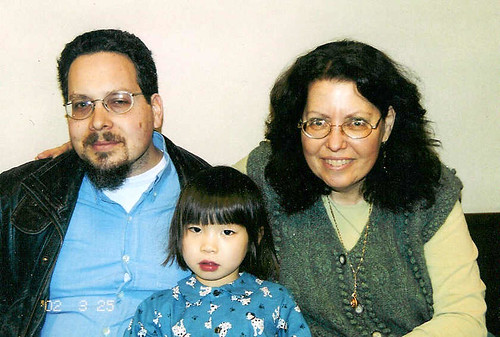🦋 Political essays again
I'm spending a lot of time going back and forth, as I read Diary of a Bad Year, trying to figure out what Coetzee gains and what he loses, in presenting his essays as part of a novel. The thoughts are being presented as the thoughts of a fictional character -- though the fictional character is clearly the same person as Coetzee the author -- does that give the author less of a stake in the "Strong Opinions"? One of the essays (Chapter 26) makes mention of Harold Pinter's Nobel lecture, and says,
When one speaks in one's own person -- that is, not through one's art -- to denounce some politician or other, using the rhetoric of the agora, one embarks on a contest which one is likely to lose because it takes place on ground where one's opponent is far more practised and adept. "Of course Mr Pinter is entitled to his point of view," it will be replied. "After all, he enjoys the freedoms of a democratic society, freedoms which we are this moment endeavouring to protect against extremists."
Clearly Coetzee is thinking about what he's doing in this book as he writes this paragraph. Speaking as Pinter did "takes some gumption," he says -- does it take less gumption to put such words in the mouth of your main character? I sort of think it must not -- at least not in this case, where everything is so clearly delineated to point out that this is Coetzee speaking out against violations of decency by Western (and specifically American) governments. There comes a time, he says, "when the outrage and the shame are so great that all calculation, all prudence, is overwhelmed and one must act" -- and possibly he is couching that action in the form of a novel just because that is what he does well, that is how he knows to get his message across.
posted evening of Wednesday, February third, 2010
➳ More posts about Diary of a Bad Year
➳ More posts about J.M. Coetzee
➳ More posts about Readings

But... Coetzee has published many essays besides his Costello and Sr. C alias. I see Diary of a Bad Year and Elizabeth Costello (and Slow Man, but in a different sense) as ways of making the novel format move forward.
Diary.. was a very satisfying experience for me and I've come back to it many times, wether to the essays (but I do miss an index!) or reading the separate sections on their own.
posted evening of February 4th, 2010 by Jorge López

Thanks, Jorge -- I hadn't realized Coetzee wrote essays in non-novel format, though it makes sense that he would have -- that makes my idea about this being just "what he does well" seem much less plausible. It is an intriguing direction to take the novel format in, I still wonder what gave Coetzee the idea to do this -- I like reading Costello and Diary but yes, it is very different from any other novel I have read.
An index would be useful. I don't remember, was there an index in Costello?
posted evening of February 5th, 2010 by Jeremy

Interestingly, I'm in the middle of reading Coetzee's first book, actually comprised of two short stories regarding a fictional Coetzee and an ancestor of him.
The first story includes an essay about the Vietnam war, even though this time is completely clear it's not Coetzee's voice, but it's some sort of an indicator of things to come later on.
I'd recommend you Stranger Shores, a collection of essays about "classic" writers, including Dostoievsky, Defoe, Borges, Kafka, among many others.
posted afternoon of February 7th, 2010 by Jorge López

Thanks, that sounds worth while. I really enjoyed the brief writing about Tolstoy in Diary of a Bad Year.
posted afternoon of February 7th, 2010 by Jeremy
|









